How a chance visit to a Jersey prompted Gerald Durrell to turn his menagerie into a beautiful zoo
The island that most of us associate with Gerald Durrell is Corfu, where he spent his formative years. But it's a different island where his legacy is most keenly felt today: Jersey.

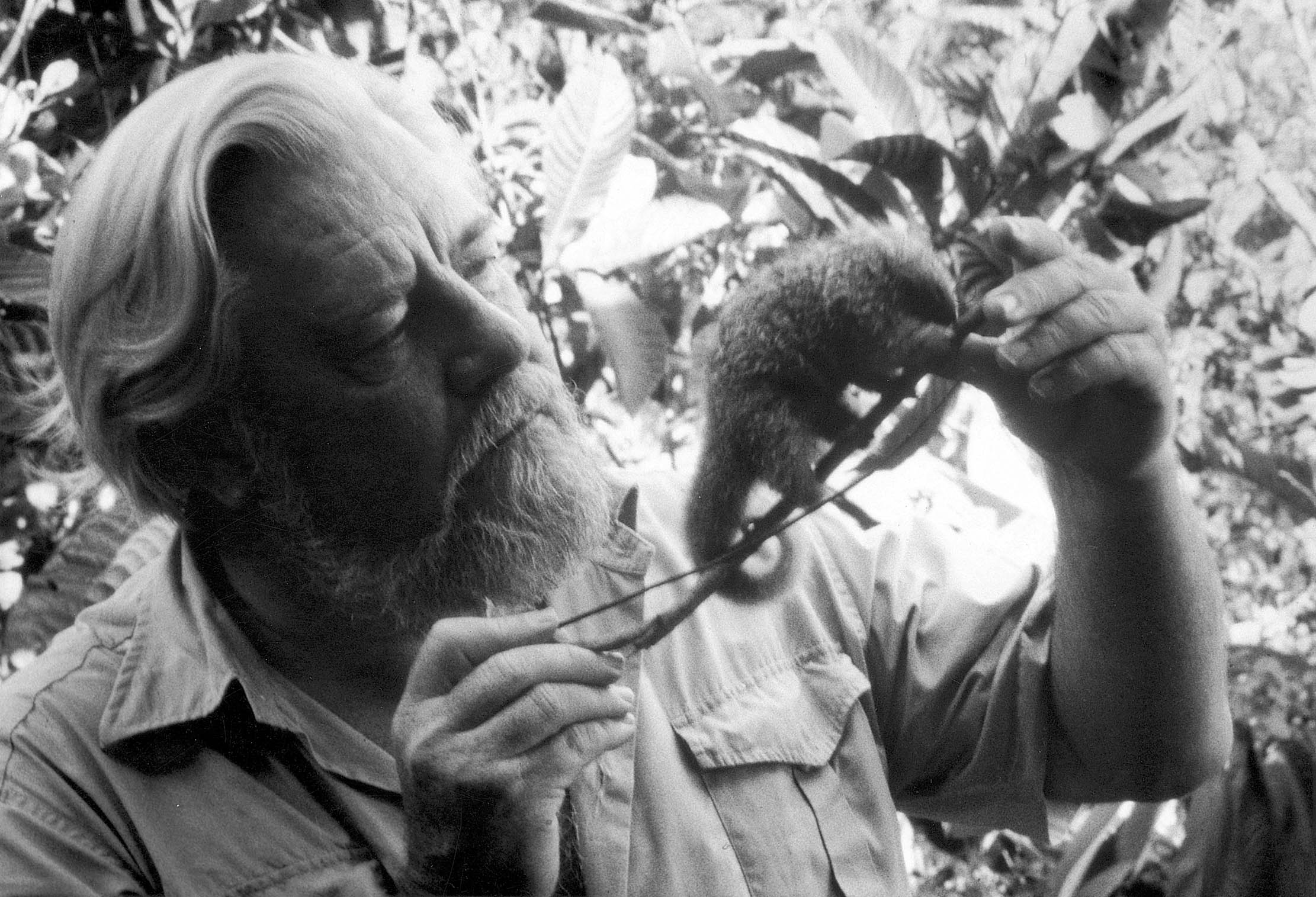
When Gerald Durrell landed on Jersey in the summer of 1958, his adventures as a naturalist, environmentalist, writer and documentary maker had taken him to some of the most remote places on Earth, but this was his first visit to the Channel Islands. He’d been looking for a place where he could pursue his life’s greatest work and his search was about to come to an end.
Durrell was a passionate naturalist and an early advocate for wildlife conservation. His formative years, spent with his family on the Greek island of Corfu, had ignited his enthusiasm for the natural world, as well as providing the material for his most popular books. My Family and Other Animals (1956) was an instant bestseller and endeared the whole Durrell clan to generations of readers.
Having amassed an impressive collection of wild and endangered animals, Durrell’s dream was to set up a zoo. He’d almost given up hope when, in 1958, a contact invited him to stay at Jersey’s Les Augrès Manor. As soon as he arrived, he realised he had found the perfect location and, the following year, Jersey Zoo opened its doors.
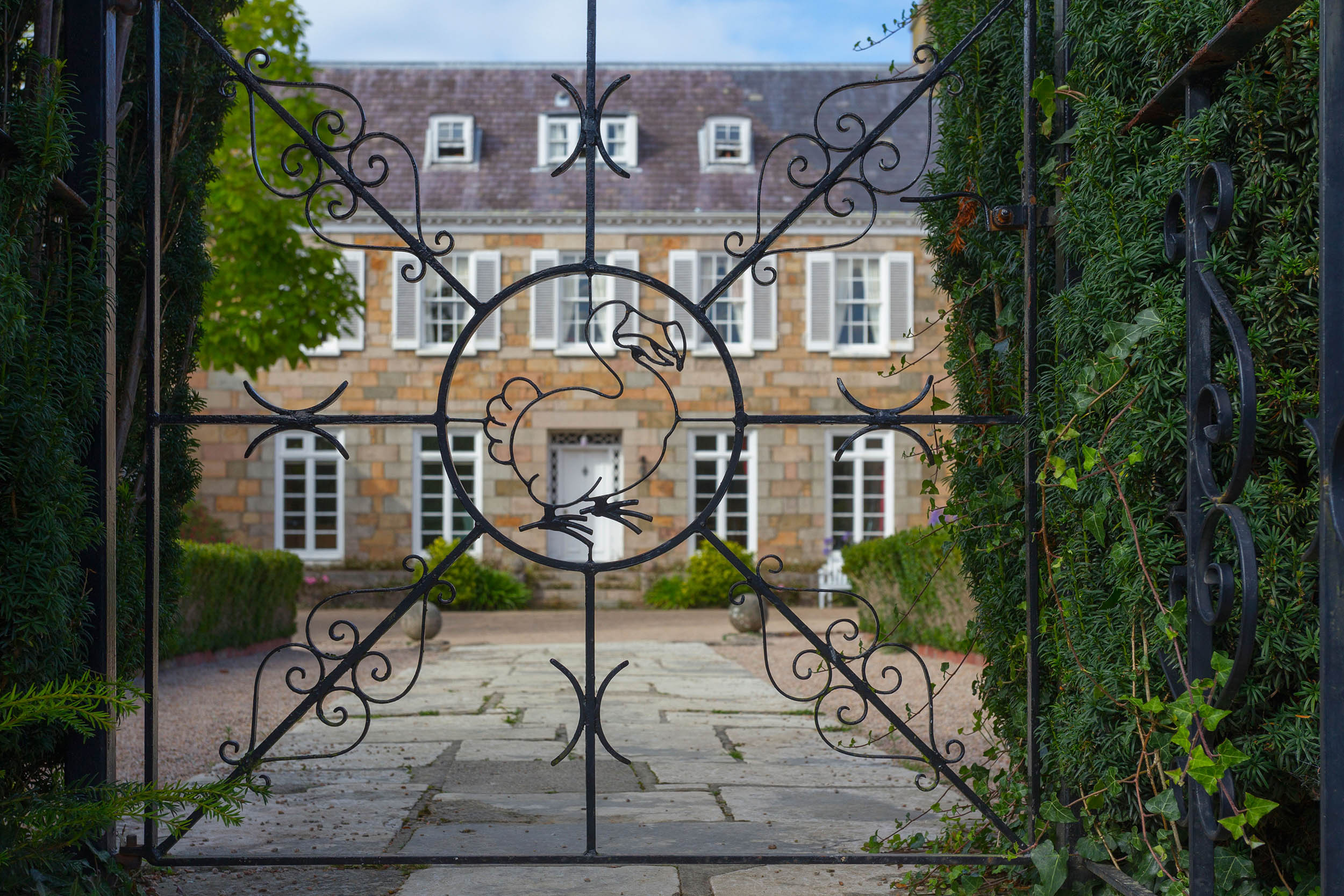
According to his widow, Lee, he fell for Jersey because the administration was able see the merits of a scheme for which mainland Britain just wasn’t ready.
‘Gerry was forever grateful to Jersey for taking him in,’ Lee explains. ‘The islanders welcomed him with open arms and allowed him to build his legacy exactly the way he had dreamed of it.’
Once the zoo was up and running, Durrell spent at least a third of the year at Les Augrès.
‘We had so many happy evenings in the restaurants in Gorey,’ remembers Mrs Durrell, ‘but his favourite place was probably the old Victorian market, where he made lifelong friends. In the early days, the stallholders would keep any unsold produce for Gerry, so he could take it back to feed the animals.'
Exquisite houses, the beauty of Nature, and how to get the most from your life, straight to your inbox.
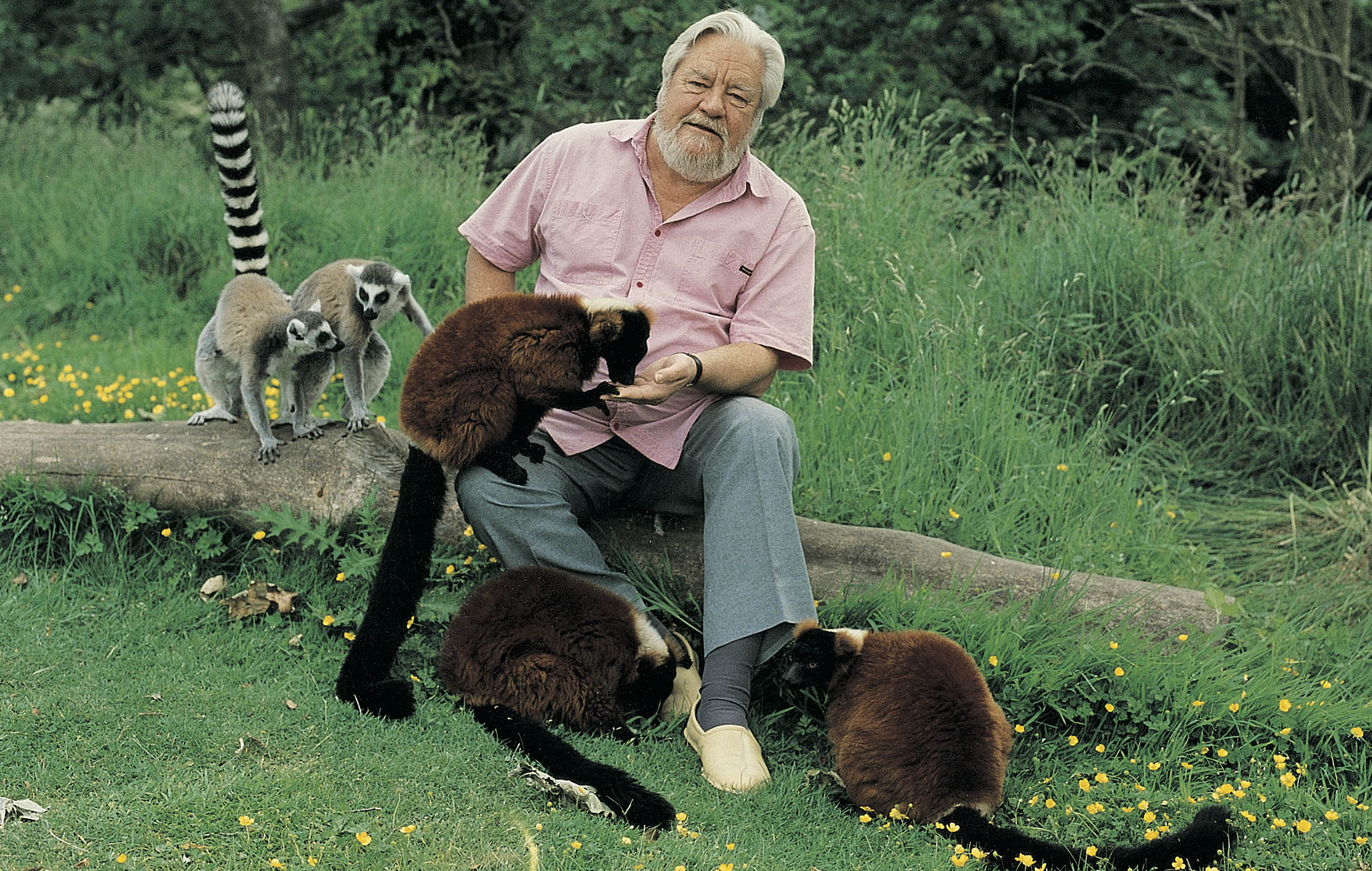
‘Of course, Gerry also loved to cook,’ she continues, ‘and some of my fondest memories are of having friends over for a kitchen supper and talking late into the night.’
Four years after the zoo opened, Durrell handed it over to the Jersey Wildlife Conservation Trust (now the Durrell Wildlife Conservation Trust). Mrs Durrell took over the role of honorary director when her husband died in 1995 and the work done by the trust continues to command international respect.
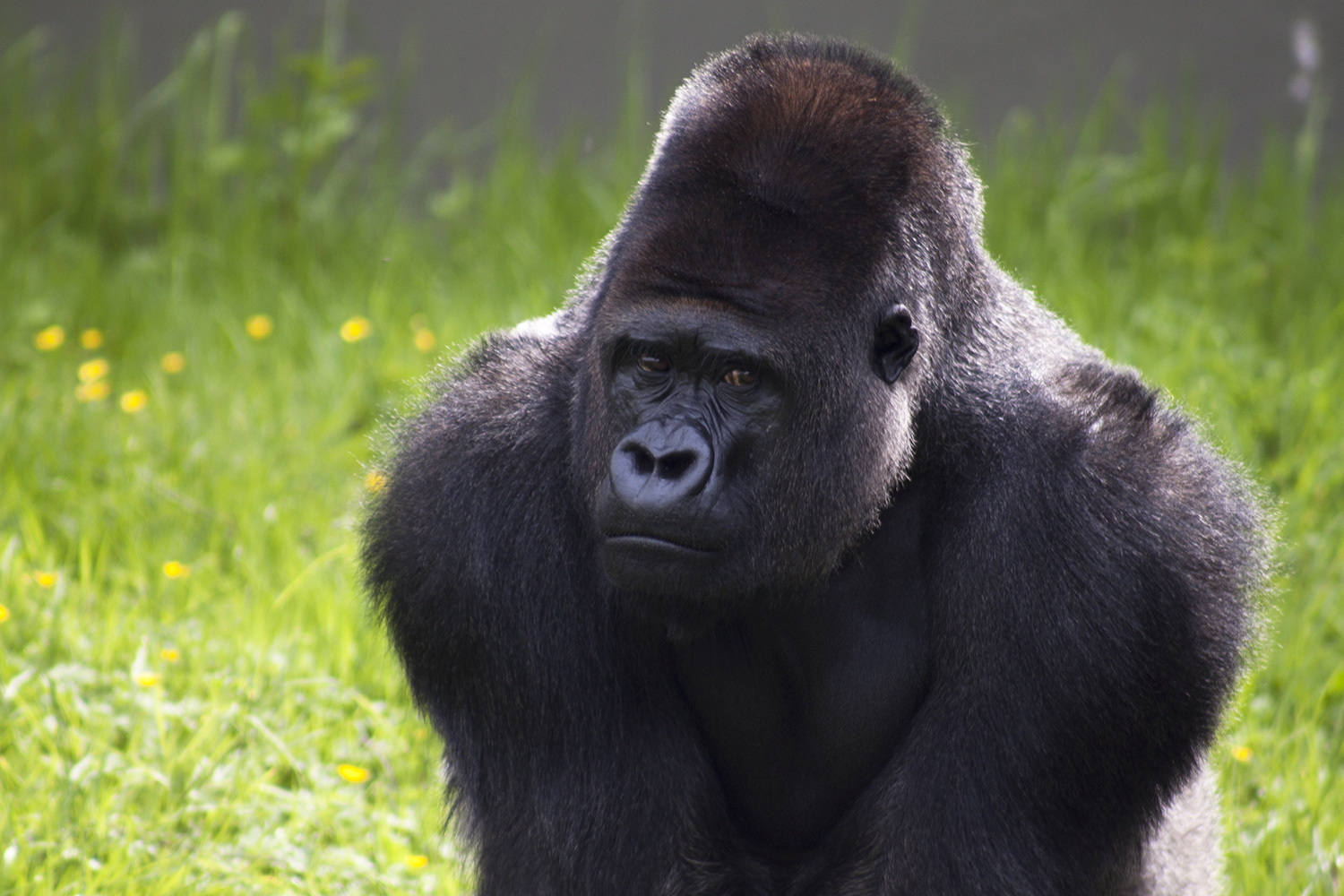
The zoo and the trust are now part of the community’s fabric — local schoolchildren visit regularly and they have 300 volunteers. This year marks the 60th anniversary of the zoo and, to celebrate, the trust has commissioned 40 life-sized gorilla sculptures, which will form a colourful trail across the island from the end of July until October. It has also embarked on an ambitious programme to restore island eco-systems across the world in a bid to reverse the extinction of indigenous species.
Twenty-four years after his death, Durrell’s legacy continues to transform the fate of wildlife populations from its base at Les Augrès, where it all began.
Jersey Zoo is open to visitors every day of the year— adult tickets £16.50. See more information at www.durrell.org/wildlife/visit
Four ways to follow in Durrell’s footsteps on Jersey
- Take a walk along the cliffs in the north of the island and spot the red-billed chough, a bird the trust reintroduced to Jersey 100 years after it had vanished from its shores
- Durrell at Dusk — visit the zoo in the evening when the light is low and the bats come out to play
- Explore St Ouen’s Bay, Durrell’s favourite beach
- Visit St Helier Central Market for the best local produce
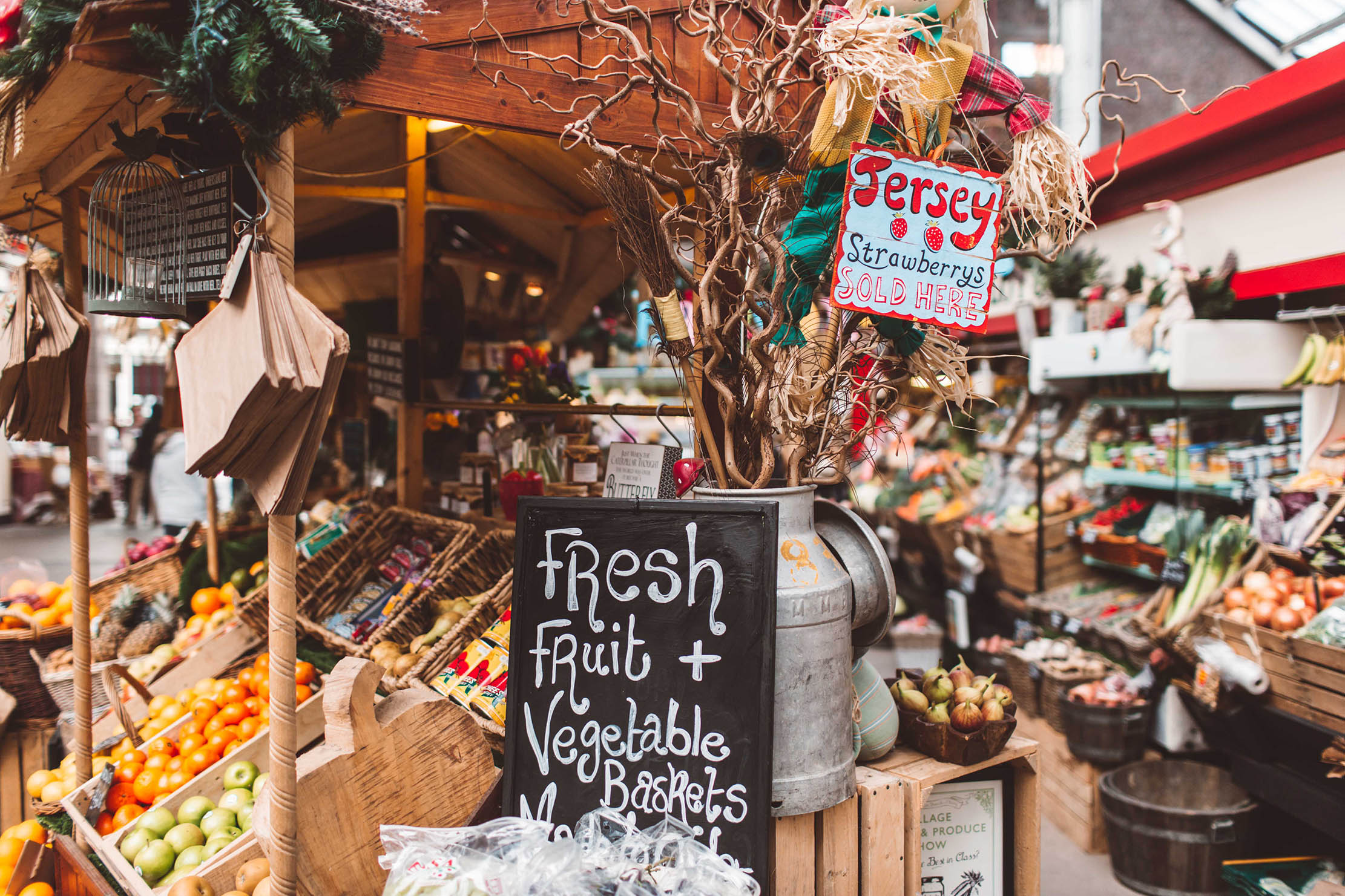
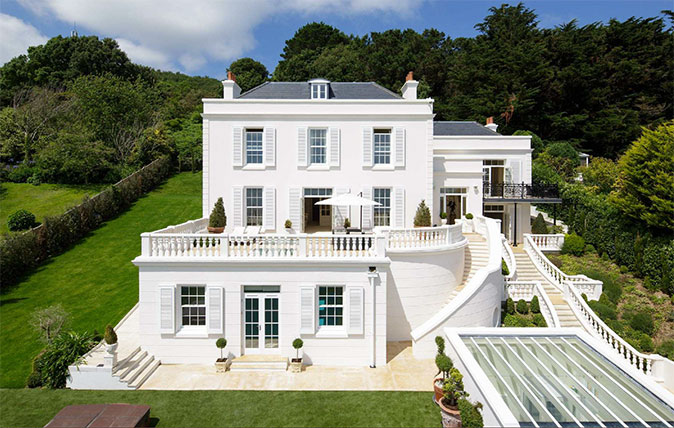
Credit: Broadlands
A dream house on Jersey with a ‘Batcave’ garage built in underneath
Perched above Gorey Harbour is a house that's remarkable even by Jersey's lofty standards.
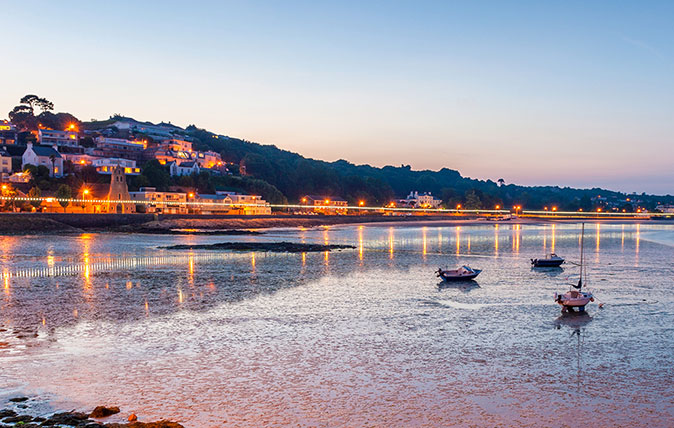
Credit: Getty
Jersey and Guernsey property: Is it immune to Brexit, and what you could get if you make the move
Country Life's property correspondent Penny Churchill explains what potential buyers on the two largest of the Channel Islands need to
